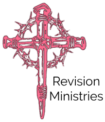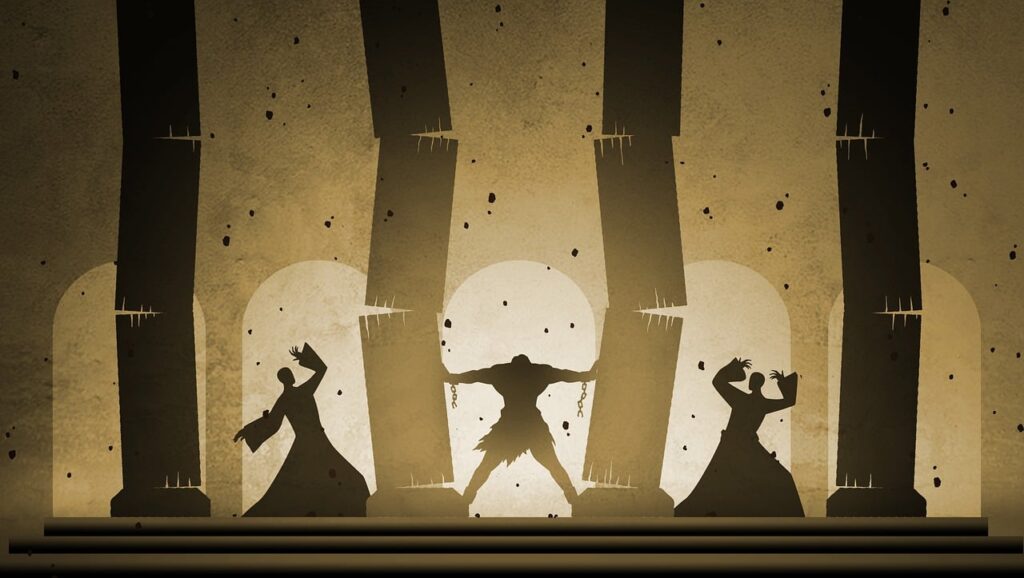In the recurring cycle illustrated in the Book of Judges, there is a situation characterized by apostasy on the part of the Israelites and turbulence in their relationship with God.[1] This cycle commences with backsliding, which is characterized by sin as the Israelites turn from God mostly, resorting to worshiping other idols and some other practices deemed immoral (Judges 2:11-12, English Standard Version).
Because of such disobedience, God permits distress through oppression from other nations, which causes pain and suffering to the Israelites under oppression (Judges 2:14). For example, the Moabites oppress them at the humble and brave ordination of Ehud, who delivers them after some artful performance (Judges 3:12-30).[2]
In their troubles, their afflicted people underwent repentance: they cried out to God for help and recognition of their sins (Judges 3:9). All these circumstances provoked deliverers out of God, such as Deborah, who can lead Israel with Barak’s aid to conquer Canaanite tribes (Judges 4:4-16) and also Gideon whose army is reduced in number and Spiritual Miracle confirms God’s command in the battle against the Midianites (Judges 6:36-7:22).[3] This cycle continues throughout the book. It is also known as the cycle of oppression, repentance, and deliverance, which depicts the idea of man’s failure and mercy from God in the history of Israel (Judges 4:1-3; Judges 6:6-7).[4]
Recurring Cycles and the Theology of Judges
The cyclical structure in the Book of Judges includes some nuances concerning the text’s theology: sin, judgment, repentance, and grace. This cycle maps God’s punishment against sin, making the point that rebelling against Him will have negative consequences, sadness, and subjugation. Theological interpretation of the book shows concern with the link between the state of Israel and the faithfulness of Israel to Yahweh: Israel’s fate is tied to Judah’s (Judges 2:17).[5] God’s people are prone to idolatry and rebellion, as detailed in the episodes of the different judges, chaos, and decay reign.
These judges act as such out of compassion, essentially acting out God’s mercy, who does not give up and rebuilds His people through His great mercy after they have persistently trampled on such grace. Deborah and Gideon’s stories show how God lifts leaders as emergencies arise and take care of Israel’s needs. Their achievement was not simply one of winning the war, for these are acts of God accomplished through His Spirit, and therefore, the assurance that ‘God is still King in Israel’ remains.[6]
Furthermore, due to the cycle of doctrine, this notion explains the necessity of having an absolute sovereign, an ideal king, to rule the people morally. The cycle of judges exhausted and permanently violated peace within Israel and fueled faith in a strong leader, which will culminate in establishing a monarchy in Israel (Judges 21:25).[7] Therefore, the Book of Judges presents itself as a completed trilogy in which the last part provides a moral and theological analysis of the impact of sin and the understanding of divine grace on the failure of the people of Israel in satisfying the demands of their covenant God.
Prophetic Significance of Those Cycles
Judges 21:25 ends the book with the following statement – “In those days, there was no king in Israel. Everyone did what was right in his own eyes.” This analysis serves as a condemnation of idolatry as chaos is said to ensue when Israel turns from God as King.[8] This statement not only epitomizes the critical issues of the book but also highlights the necessity for an ideal ruler and the introduction of kingship, which will bring about a transformed and devoted Israel.
In a prophetic sense, the cycles of Judges are employed by the prophets to point to the requirement of a genuine King, which the New Testament satisfies in Jesus Christ. The text, however, urges people to see the vanity of doing what is right in the eyes of men and the limits of sovereignty without serving God. Thus, the cycles and the last statement worked in complement “warning and hope,” focusing on the destructiveness of sin and the shine of redemption.
Judges 19–21 also look forward to Samuel and Saul differently. Indeed, the guilt-by-association theory embedded in Judges 19–21 argues proleptically that Saul is not the final solution to a kingless, confederate Israel in which all the people do what is right in their own eyes. At best, he is a temporary fix; at worst, he aggravates the issue. Is someone else to follow after Saul, the actual deliverer and rescuer?[9]
Central Message of Judges
The Book of Judges primarily deals with three themes: moral degradation, backsliding of the people’s faith, and the repercussions obliged by the rejection of God. The subject includes the time when Israel had no king and whose inhabitants were going through periods of sin, servitude, repentance, and divine deliverance.[10] The people serve other gods, rebel against them, get conquered and oppressed by their enemies, cry out for deliverance, and have judges who rescue them. This cycle shows how the people were defeated when no faithful leader guided them. This cycle also explains the nature of humans and the struggles in situations where people have different religions and are not all supportive.
Judges, about the context of the rest of the Old Testament, corresponds to the period that follows the conquest of Canaan as narrated in Joshua but precedes the establishment of the monarchy as recounted in 1 Samuel. It highlights that Israel needs a king and makes possible the advent of Saul and David, who are regarded as meeting the longings of the nation while also resuming the struggles seen in Judges. Dominance, loyalty to the covenant, and retribution from heaven are all concepts found in the Old Testament which clamored for attention in subsequent writings and within the history of Israel’s relationship with God.[11]
[1] Daniel Isaac Block, Judges, Ruth, vol. 6, The New American Commentary (Nashville: Broadman & Holman Publishers, 1999), 256.
[2] Ibid., 162.
[3] Ibid.,184.
[4] Ibid., 188.
[5] Block, Judges, Ruth, 128.
[6] Ibid., 247.
[7] Ibid., 395-475.
[8] Block, Judges, Ruth, 583.
[9] Victor P. Hamilton, Handbook on the Historical Books (Grand Rapids, MI: Baker Academic, 2001), 169.
[10] G. Barry, K. Webb R, and Robert L. Harrison, “The Book of Judges,” in The New International Commentary on the Old Testament (Grand Rapids, MI; Cambridge, UK: William B. Eerdmans Publishing Company, 2012).
[11] Ibid., 384.

